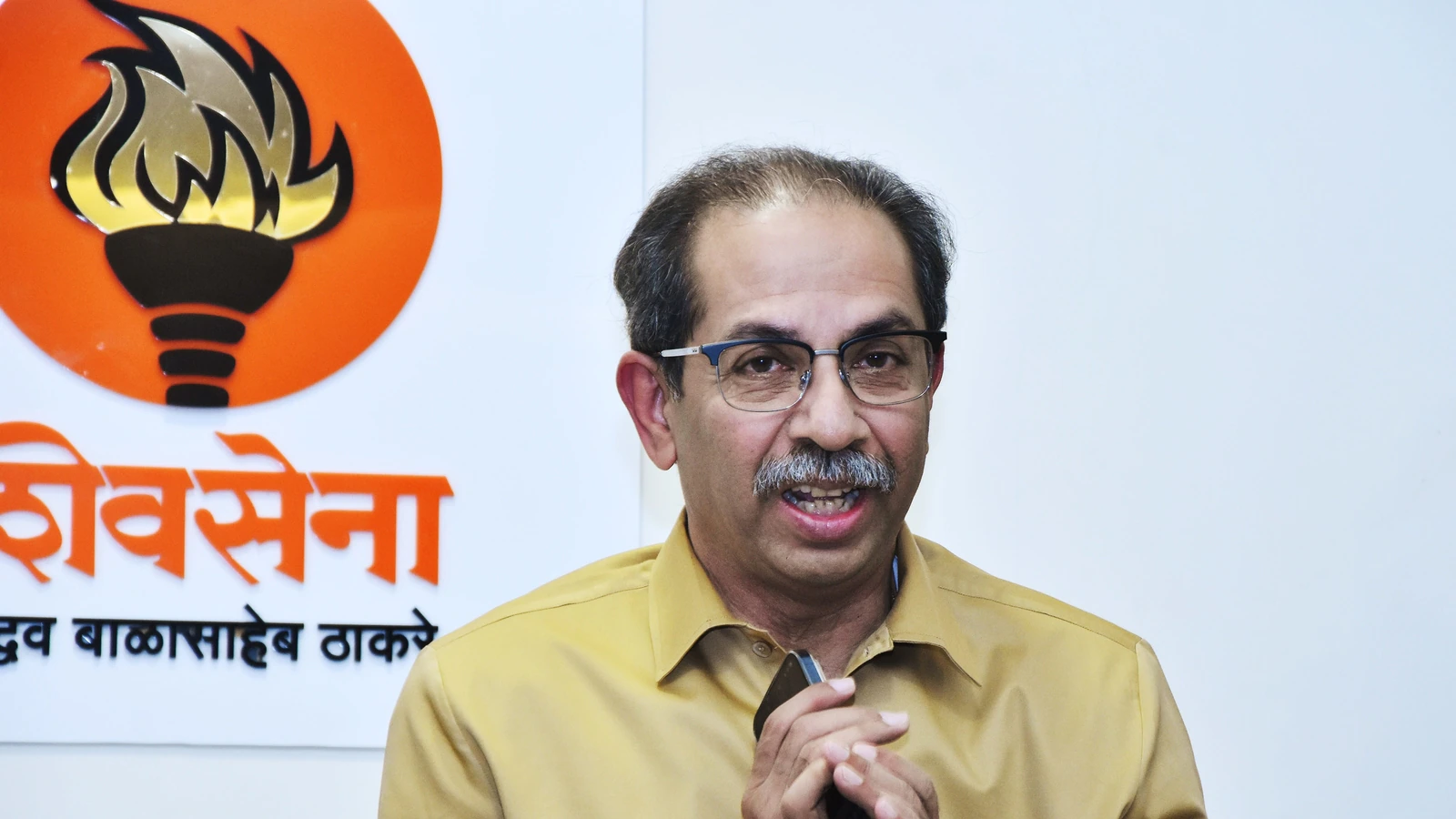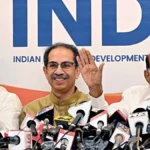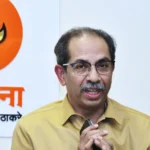As Maharashtra prepares for the 2024 Lok Sabha elections, the political environment in the state is changing significantly. A complex interplay between regional issues and national narratives is reflected in the constantly changing dynamics of power, alliances, and voter mood. This report explores the current political climate in Maharashtra, covering important figures, new developments, and upcoming difficulties.
Uddhav Thackeray’s Ascent
The head of the Shiv Sena (UBT), Uddhav Thackeray, has come back to prominence in Maharashtra politics. Following a time of BJP dominance, Thackeray is taking advantage of the political void left by defectors and dissatisfaction among the populace. Significant audiences have attended his latest rallies, suggesting that both younger voters and established Shiv Sena supporters are returning to him. In stark contrast to the more inflexible stances previously taken by his faction, Thackeray’s strategy stresses a return to the party’s core principles while fostering inclusivity[2][3].
Broken Political Coalitions
The political scene in Maharashtra is marked by transient alliances and betrayals. A calculated attempt against the BJP-led administration was the creation of the Maha Vikas Aghadi (MVA), which comprises the Congress and Nationalist Congress Party (NCP). However, in light of the public’s growing tiredness with continuous political scheming, this coalition has had difficulty holding onto its support. Local dynamics are growing more important as the elections draw near, since constituents present a variety of chances and difficulties that go against the dominant national narratives[2][3].
Important Factors Affecting Voter Attitude
Several urgent concerns are at the forefront of political discourse in Maharashtra as the state gets ready for elections:
1. Economic growth: Since Maharashtra is one of India’s main economic drivers, people are especially worried about sustainable growth and the creation of jobs. It is anticipated that political parties will present their plans for economic expansion and infrastructural development in a number of industries[3].
2. Social Justice : The state’s multicultural populace necessitates addressing social justice concerns, including as reservations based on caste and assistance for underprivileged groups. The parties need to specify how they intend to correct past wrongs and provide accessibility to necessities like healthcare and education[3].
3. Infrastructure Development : Maharashtra is facing severe deficiencies in its urban and rural infrastructure, necessitating large investments in housing, transportation, and public facilities. Political narratives will probably highlight accomplishments from the past and suggest initiatives for the future that will improve people’s quality of life[3].
4. Environmental Concerns: Conversations on sustainable practices and pollution reduction are arising from a growing knowledge of ecological issues. Candidates must offer workable ideas that strike a balance between economic advancement and environmental sustainability[3].
Investigative Agencies’ Function
The political climate in Maharashtra has become more complex due to the involvement of central investigative agencies. Concerns regarding electoral fairness have been raised by allegations of politically motivated actions, such as summonses that the Enforcement Directorate issued immediately following candidate nominations. It seems that the goal of this tactic is to intimidate opposition leaders and turn the public against them[2][3].
Prospects for the Future
The stakes are higher than ever for all parties involved as election day draws near. Election results will be greatly influenced by Uddhav Thackeray’s capacity to mobilize support around a message of inclusivity and local empowerment. His opposing viewpoint to the nationalistic language of the BJP appeals to a populace that is growing more leery of polarizing politics.
Furthermore, the Lok Sabha elections in Maharashtra are expected to mirror wider political patterns in India, suggesting a possible move away from current power structures and toward a demand for true accountability and representation. The results will probably highlight voters’ predilection for close-knit communities over divisive ideologies[2][3].
In summary, the political drama in Maharashtra highlights the complex character of Indian democracy, where local concerns can take precedence over national storylines. The upcoming elections will be crucial in determining the course of the state going forward as political parties attempt to address the immediate needs of voters while negotiating a terrain characterized by changing allegiances. The way Maharashtra navigates its complicated political terrain in 2024 and beyond will ultimately depend on how economic aspirations, demands for social justice, and environmental factors interact.
Referral:
[1] https://frontline.thehindu.com/politics/the-real-challenge-for-maharashtra-is-to-revive-its-culture-of-moderation/article68468609.ece
[2] https://maharashtraelection.in/maharashtra-unfiltered-raw-politics-daily-delivered-20-august-2024/
[3] https://maharashtraelection.in/maharashtra-unfiltered-raw-politics-daily-delivered-16-august-2024/
[4] https://maharashtraelection.in/maharashtra-unfiltered-raw-politics-daily-delivered-09-july-2024/
[5] https://maharashtraelection.in/maharashtra-unfiltered-raw-politics-daily-delivered-15-july-2024/
[6] https://mpcb.gov.in/sites/default/files/focus-area-reports-documents/SoEreport_Maharashtra.pdf
[7] https://www.youtube.com/watch?v=Jfrf4FM6k_s
[8] https://www.amazon.in/WHAT-THERE-WAS-CONGRESS-Independent-ebook/dp/B0CQCJ1MDS










